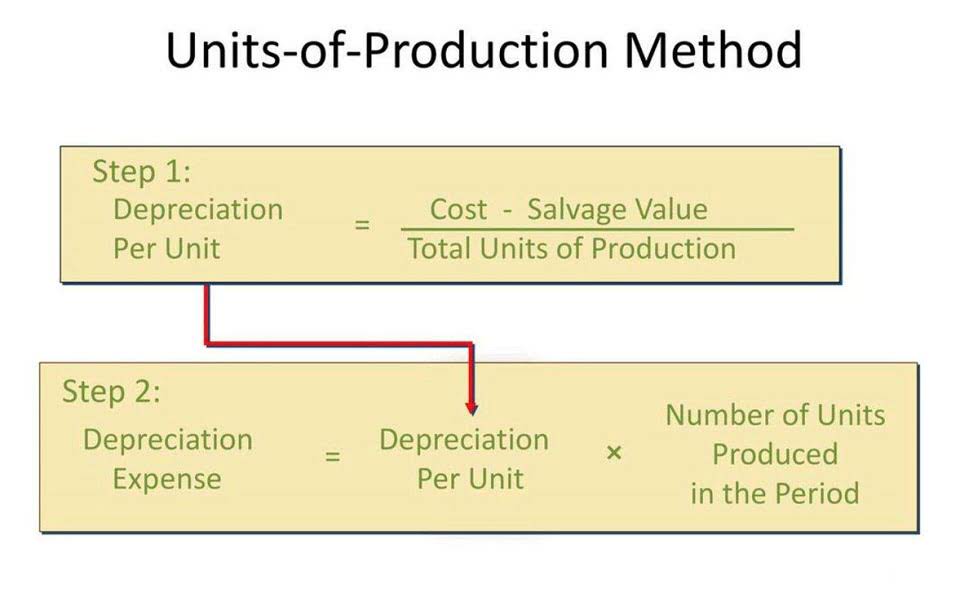
Though the pandemic may have been a death knell, ScaleFactor was on rocky ground long before, Forbes found. Technology startups are often rewarded for a “fake it ‘til you make it” mentality by venture capital firms willing to throw money at a product until it meets expectations. But ScaleFactor used aggressive sales tactics and prioritized chasing capital instead of building software that ultimately fell far short contribution margin of what it promised, according to interviews with 15 former employees and executives. While ScaleFactor has its roots in accounting and financial management software, its expanding its services, which is where most of the proceeds from the fundraising will go.

Newsletters

ScaleFactor founder and chief executive Kurt Rathmann started the company from his living room after working as the CFO for a small business. Trained at KPMG, Rathmann was frustrated by the small business constraints he faced when it came to managing accounting and financing. Obsessing about how to meld the two became his pastime, leading him to form the company in 2014. Six years later ScaleFactor has more than 1,000 customers and big names in tech investing as backers.
ElevenLabs now offers ability to build conversational AI agents
- On January 21, 2021, TripActions, the cloud-based travel and expense management platform,…
- The idea was to provide the automated bookkeeping tools available to larger companies to small and medium sized businesses, a tool that complement other products from Shopify and Square that enable small businesses to operate online.
- Nathan received his MBA in finance and international business administration from the University of Illinois, Chicago, and his B.S.
- None of this was known publicly last month, when Rathmann announced that ScaleFactor was closing.
- Trained at KPMG, Rathmann was frustrated by the small business constraints he faced when it came to managing accounting and financing.
- Covid-19 swept the United States the following month, and existing customers weren’t buying in; Robert and Cornelia Stang balked after being told their contract would jump from $500-a-month to $1,700.
The new funding round follows a Series A round last July when ScaleFactor raised $10 million. The latest round also includes contributions from returning investors Canaan Partners, Broadhaven Ventures, Firebrand Ventures, and various angel investors. As part of the investment, Coatue gets a seat on the board, giving ScaleFactor access to a hedge https://www.bookstime.com/articles/back-office-accounting fund that invested in Uber, Lending Club, Reddit, and Lyft in addition to Square and Shopify. “The proliferation of data is making platforms like ScaleFactor increasingly useful,” for small and medium-sized businesses that are looking for actionable insight in real-time, said Laffont. “With our foundation established, a big part of our Series A is how do we power the business owner past bookkeeping & accounting? We see many opportunities to help further and our next steps will include things like lending, payments and many other activities that take a business owner/operators focus away from driving their business forward,” Rathmann wrote in an email.

Funding & Financials
Ahead of yet another funding round, multiple venture capital firms passed on investing, according to people familiar with their decisions, having determined that ScaleFactor was more of a services business than a software platform. None of this was known publicly last month, when Rathmann announced that ScaleFactor was closing. In an interview with Forbes on June 23, the CEO blamed the Covid-19 pandemic for almost halving ScaleFactor’s $7 million in annual recurring revenue as demand from small businesses crumbled. About 100 people would be laid off with three months of severance, and cash would be returned to investors — a seemingly scalefactor tidy end to another startup afflicted by the pandemic.

Covid-19 swept the United States the following month, and existing customers weren’t buying in; Robert and Cornelia Stang balked after being told their contract would jump from $500-a-month to $1,700. In the spring, investors discussed ScaleFactor’s future before deciding to shutter operations, according to a person with knowledge of the discussions. Some customers were offered discounts in exchange for a reference; others were signed on without billing information, former sales employees say.
Twenty is building an open source alternative to Salesforce
- But no matter where they worked, the unpredictable technology continued to lead to errors in customers’ books.
- Unfortunately, burning through $103 million in cash has got to be the hardest way to learn this lesson.
- Technology startups are often rewarded for a “fake it ‘til you make it” mentality by venture capital firms willing to throw money at a product until it meets expectations.
- While we may not have $100 million lying around, we offer concrete value to our clients, 99% of whom we retained even in the face of a global pandemic and recession, and we continue to operate profitably despite dreadful market conditions.
- After graduating from TechStars’ Austin accelerator, the company was able to nab $2.5 million in a seed financing round that included TechStars Ventures, NextCoast Ventures, and two Kansas City-based investment firms — Firebrand Ventures and Flyover Capital.
- Today (June 25th, 2020) ‘automated’ accounting service ScaleFactor announced that it would be permanently shutting down, closing its doors on August 28th, 2020.
It’s planning to use the new funding to scale its ‘Business OS’ and offer more services to help SMBs manage their financial data. As the founder of Accountingprose, I am living my best life and couldn’t imagine doing anything else. I love working with small business owners and helping to develop a team of accounting unicorns.
- Founded by longtime accountant, Kurt Rathmann, the Austin-based company has created a software service that collects and analyzes data from point of sale systems, bank accounts, credit cards and billing systems, to automate recordkeeping and payroll functions.
- In an announcement made by the CEO, they noted that half of their team (about 50 people) would be immediately terminated and the other half would help close out operations through the end of August.
- The new funding round follows a Series A round last July when ScaleFactor raised $10 million.
- ScaleFactor’s closure is yet another symptom of the pandemic’s varying effect on venture-backed startups.
- We see this as a marathon, not a sprint; moving carefully has allowed us to remain competitive while embracing compassion and creativity.
- Six years later ScaleFactor has more than 1,000 customers and big names in tech investing as backers.
ScaleFactor’s 100 employees were told during a town hall Tuesday that half of them would be laid off immediately, and that by the end of August there will be about 10 employees to help wind down the company. In some cases, this will involve a direct sale but, in other instances, ScaleFactor will do this through partnerships. Already, the company is partnering with the likes of payment service Square and restaurant software maker Toast. In this sense, ScaleFactor is the robot equivalent of the part-time bookkeeper who shepherds financial data into an Excel spreadsheet. Aiming to level the playing field, ScaleFactor and it’s backers say it’s giving small and medium-sized businesses digital tools and insight typically reserved for large enterprises. To date Austin, Texas-based ScaleFactor has raised $100 million, completing a $10 million Series A round in July of 2018 and a $30 million Series B round in January.
Coming from the world of finance, Nathan understands and is familiar with the importance of finance/accounting software, and the complexities, struggles, and nuances that come with them. He has over 15 years of analytical experience in industries ranging from health care and transportation logistics to food service and software. Nathan received his MBA in finance and international business administration from the University of Illinois, Chicago, and his B.S. While we may not have $100 million lying around, we offer concrete value to our clients, 99% of whom we retained even in the face of a global pandemic and recession, and we continue to operate profitably despite dreadful market conditions.